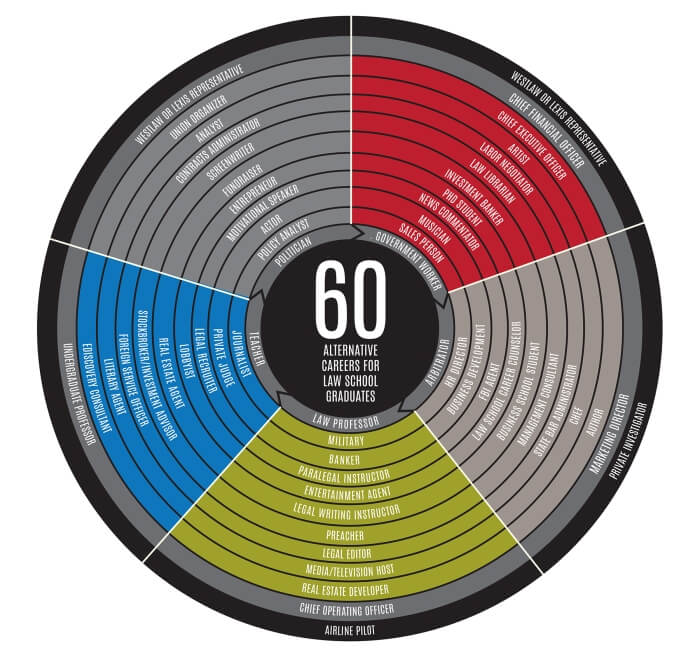The American Bar Association (ABA) has recommended that law schools provide academic credit or pay to students who take on leadership roles in law reviews or other academic journals. The ABA’s House of Delegates, responsible for setting policy, approved this resolution, recognizing the demanding nature of these positions and their potential impact on a law student’s career prospects.
Law reviews and academic journals are scholarly publications within the field of law, primarily managed by students. Serving as an editor for these publications requires a significant investment of time and effort, making it a valuable credential for aspiring legal professionals. The resolution encourages law schools to offer compensation or academic credit for these roles, acknowledging their contribution to a student’s overall educational experience.
The resolution highlighted that while many law schools already provide academic credit or modest stipends to law review editors, some institutions either do not offer any compensation or provide fewer credits than recommended by the ABA. The Virgin Islands Bar Association submitted a report on the resolution, noting that ABA guidelines permit granting one academic credit for every 42.5 hours of work.
See also: American Bar Association Calls for Diverse Hiring Approach in Law Firms Beyond Grades and Class Rank
By urging law schools to implement these measures, the resolution aims to create a more inclusive environment for law journal editors, particularly those from diverse or lower-income backgrounds. Often, students who need to work part-time jobs to support themselves find it challenging to commit to law review positions due to the substantial time commitment involved.
Trust BCG Attorney Search to connect you with top legal employers in your area. Search now!
The issue gained prominence when executive boards of seven law journals at New York University School of Law addressed their concerns to the school’s dean. They requested that the school either compensate students for their law review work or provide the maximum academic credits permissible. At the time, NYU Law did not grant second-year students any academic credit for law review participation and only offered one or two credits to editors based on their hours of work.
See also: Best Legal Career Advice To Build And Maintain a Successful Legal Career
Although NYU Law did not comment on the ABA’s resolution or their own policies, the resolution report emphasizes that law schools providing compensation or academic credit do so because the rigorous demands of law journal participation often make it difficult for students to engage in outside employment. This requirement applies not only during the academic year but also frequently extends to a portion of the summer break.
The resolution recognizes the dedication required for law review and academic journal involvement and seeks to bridge the gap in compensation or recognition among law schools. By formalizing the recommendation, the ABA aims to foster a more inclusive and supportive environment for all students interested in pursuing editorial roles in law publications. This move aligns with the evolving landscape of legal education and highlights the significance of experiential learning within the field.
Don’t be a silent ninja! Let us know your thoughts in the comment section below.




































